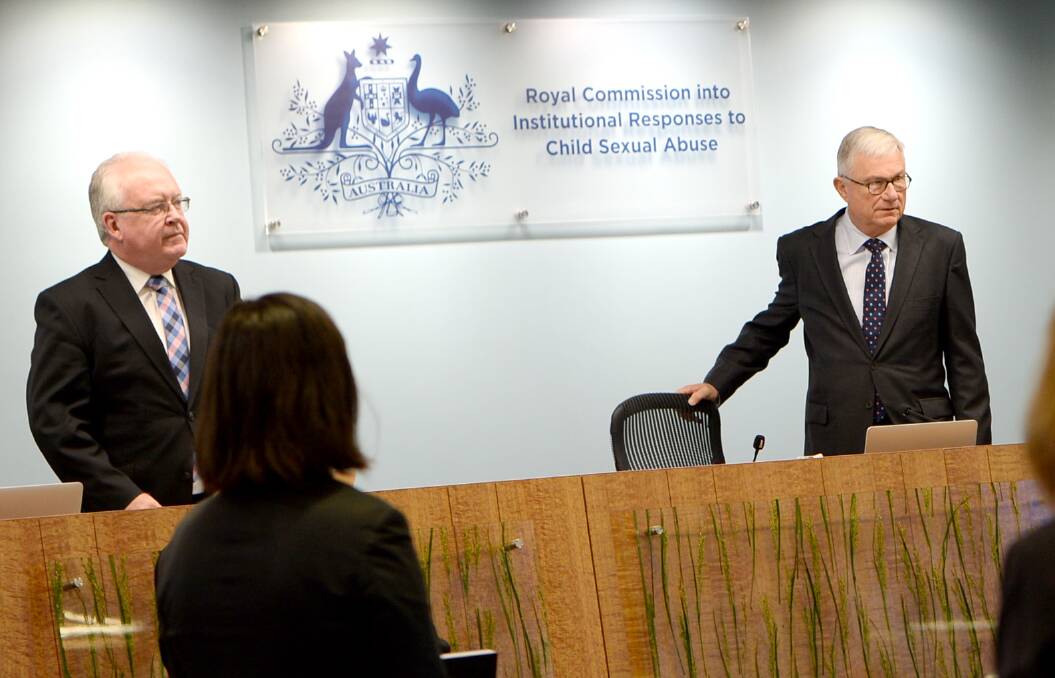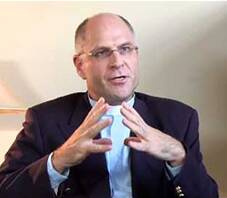
A DRAMATIC increase in overseas priests from countries where the church is “largely in denial” about clerical child sexual abuse poses a risk for Australian communities and increases pressure on Catholic bishops to respond to a critical priest shortage, critics say.
Subscribe now for unlimited access.
or signup to continue reading
Australian-born priests are estimated to make up half the 1300 full time priests working today, with priests from West Africa, India, the Philippines and Vietnam “filling the vacuum caused by the dramatic decline in the number of local priests”, said former priest David Timbs in a paper released as the National Council of Priests of Australia called for bishops to support debate on optional celibacy and married priests.
Many overseas priests lacked “critically important skills” needed for effective ministry, had little or no experience working with women and in some cases had “inflated expectations of clerical privilege and entitlement” that made it “near impossible” for them to lead, Mr Timbs wrote in a paper for Catholics for Renewal.
Former priest Peter Wilkinson, who co-authored a landmark study into child sexual abuse in the Catholic Church in 2017, said the Australian church’s reliance on overseas priests was a form of “ecclesiastical colonialism” that was “refusing to face up to the issues that have to be confronted here”.
Australia’s Catholic bishops could not wait until a 2020 Plenary Council conference to debate a National Council of Priests’ plan to ask Pope Francis to allow married priests in remote and regional Australia, Mr Wilkinson said.
“It should be happening now. I have to congratulate Australia’s priests for being so forthright and outspoken, but I don’t think they’re being listened to by the bishops,” he said.
I have to congratulate Australia’s priests for being so forthright and outspoken, but I don’t think they’re being listened to by the bishops.
- Former priest and author of landmark church study, Peter Wilkinson.
A majority of priests support optional celibacy for married priests, some who left the church to marry, to return to their vocations, National Council of Priests chair Father James Clarke said.
Their position is despite the Australian Catholic Bishops Conference saying mandatory celibacy is a “long-established and positive practice of the church” in response to a child abuse royal commission recommendation for voluntary celibacy. The commission found mandatory celibacy contributed to a “culture of secrecy and hypocrisy” in the church.
In evidence at the final royal commission public hearing into the Catholic Church a number of commissioners raised questions about the Australian church’s reliance on hundreds of overseas priests.
Commissioner Robert Fitzgerald noted the priests were “undoubtedly very fine people” but expressed concern that “the countries from which they come have a very different view about the rights of children and so on, and yet they are appearing in parishes everywhere”.
READ ALSO:
In a question to a panel that included senior Australian clergy he asked whether the church not only understood the potential risks but had effective regimes in place to “ensure those risks are in fact reduced”.
“Should the Australian community be satisfied that the program of bringing priests from various countries.. that enough is being done today to ensure that the risk to children and vulnerable people is being adequately dealt with by the church?” Commissioner Fitzgerald asked.
Broken Bay diocese Vicar General Dr David Ranson told the royal commission it was an open question and one of the most significant challenges facing the church.

It could not progress with “this experiment” of the past 15 years “without which most dioceses couldn’t survive”, and without “pouring very, very significant resources” at the problem, Dr Ranson told the commission.
Commissioner Fitzgerald said it was “not helpful” for the church to assert child sexual abuse issues were “of the white western world or some European countries” and not a “fundamental problem in the church itself”, so that the church was “largely in denial” of child sexual abuse in countries where priests were found for Australian parishes.
“I wouldn’t deny that,” Dr Ranson told the royal commission.
Mr Timbs said there was a workable solution to the priest shortage problem by allowing married priests “and the Pope is open to it”.
“It can be put in place within a reasonably short period of time if the bishops demonstrate the necessary courage and vision,” Mr Timbs said.
Fairfax Media has approached the Australian Catholic Bishops Conference for a response.

